Argentina will host key meetings before handing over the pro tempore presidency in July.
Since December 6, 2024, President Javier Milei has held the Pro Tempore Presidency (PPT) of Mercosur, meaning Argentina is responsible for organizing high-level meetings among member countries in the first half of 2025. In this context, Buenos Aires will be the venue for key diplomatic discussions, including a Foreign Ministers’ meeting in late April or May and a presidential summit before July, when Milei will cede the PPT.
Milei’s Criticism of Mercosur and Push for a U.S. Trade Deal
Milei has been an outspoken critic of Mercosur, arguing that it hinders trade expansion and prevents Argentina from signing a free trade agreement with the United States. His geopolitical alignment with Washington and Israel marks a clear break from the bloc’s traditional stance, causing tensions—especially with Brazil, Argentina’s top trading partner.
Tensions with Brazil and Milei’s Diplomatic Strategy
Relations between Milei and Brazilian President Luiz Inácio Lula da Silva have been strained, affecting bilateral ties. While Brazil and Uruguay want to preserve Mercosur’s current framework, Argentina is pushing for modernization and flexibility.
Additionally, the new Uruguayan president, Yamandú Orsi, has aligned with Lula, further complicating Milei’s position. In response, the Argentine leader is seeking support from Paraguayan President Santiago Peña to balance political forces within Mercosur.
Milei’s Plan to Overhaul Mercosur
Milei argues that Mercosur has failed to secure access to major global markets and criticizes restrictions like the common external tariff, which limits competitiveness. His administration is working on a modernization proposal that would allow member countries to negotiate trade agreements independently.
Foreign Ministry Reforms and Strategic Shifts
Alongside Mercosur talks, the Argentine government is restructuring the Foreign Ministry. A key change is the appointment of Luis María Krecler as head of the International Economic Relations Secretariat, placing him in charge of Mercosur negotiations. Additionally, new strategic offices have been created, such as the Secretariat for Malvinas, Antarctica, Ocean Policy, and the South Atlantic.
These structural changes highlight Milei’s focus on trade liberalization and greater independence in foreign policy.
The Future of Mercosur: Uncertain Prospects
Milei’s push for reform and ideological clashes with Mercosur partners raise questions about the bloc’s future. While Argentina and Paraguay advocate for greater trade flexibility, Brazil and Uruguay insist on maintaining the current consensus-based model for international agreements.
The upcoming meetings in Buenos Aires will be crucial in shaping the next steps for Mercosur. However, political divisions and a lack of consensus could hinder significant progress on Milei’s modernization agenda.

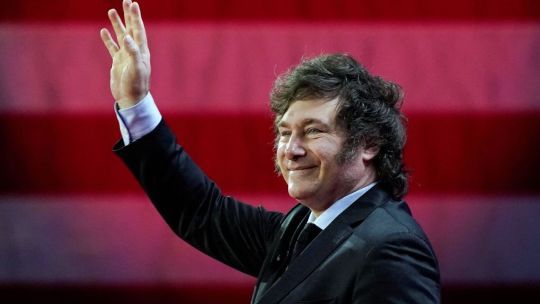
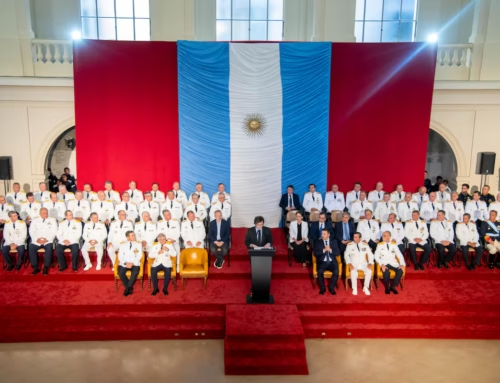
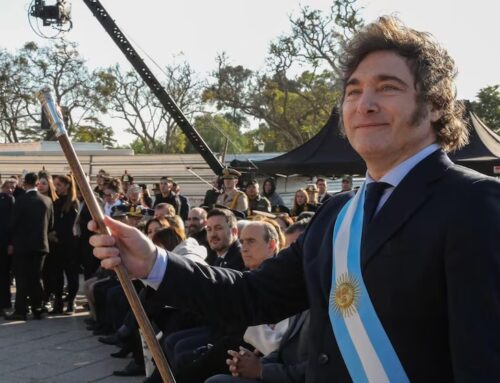
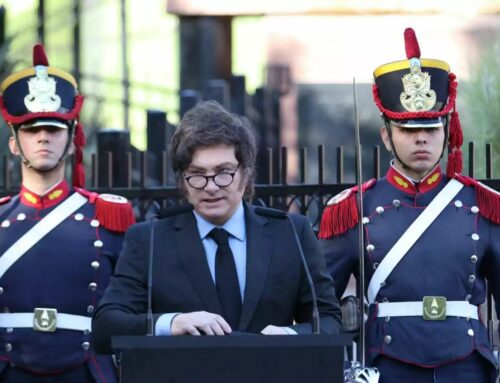
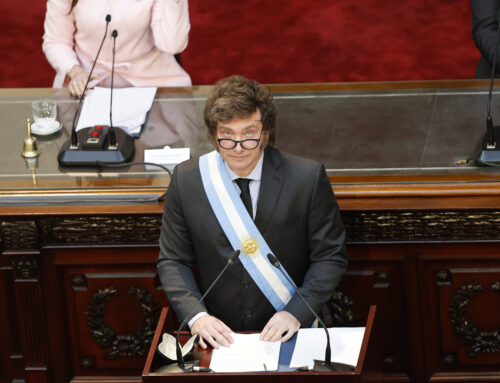

Leave A Comment